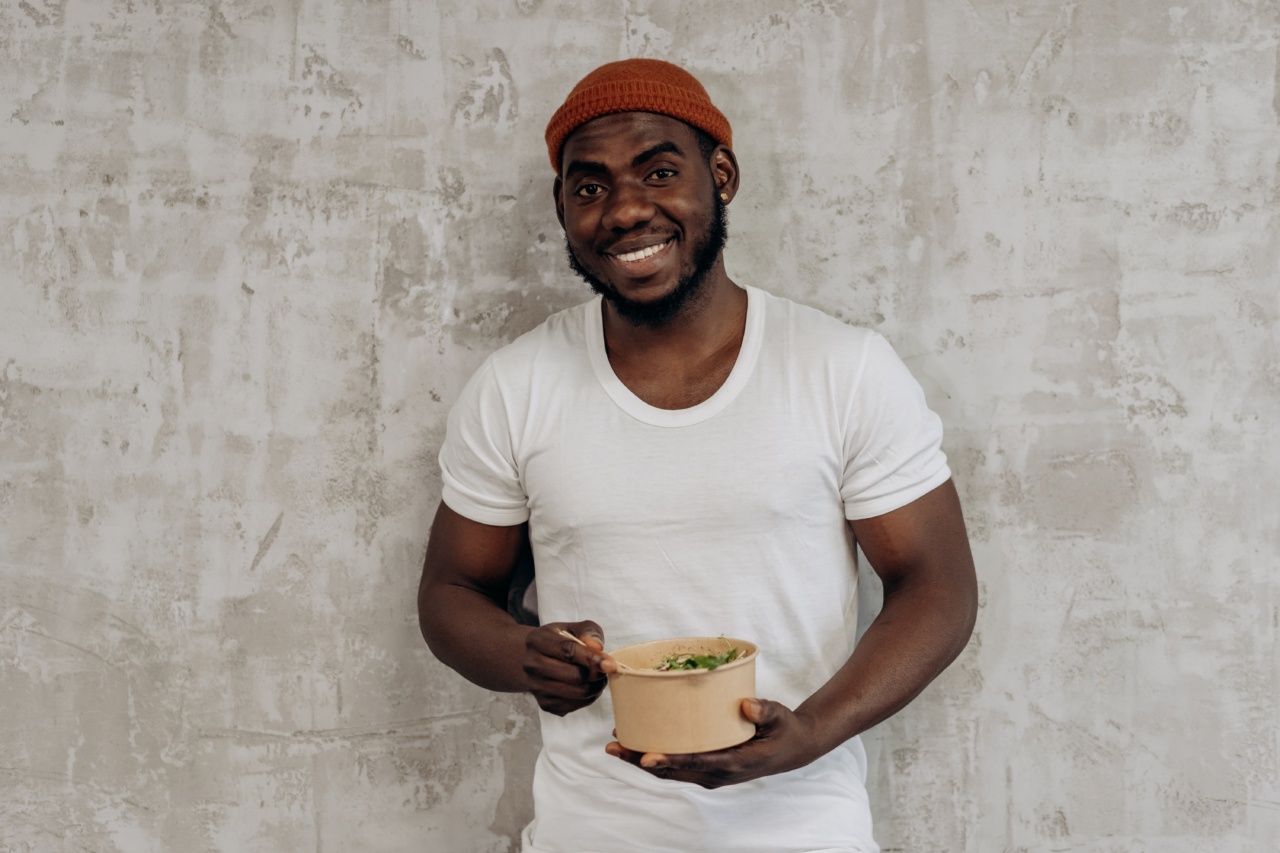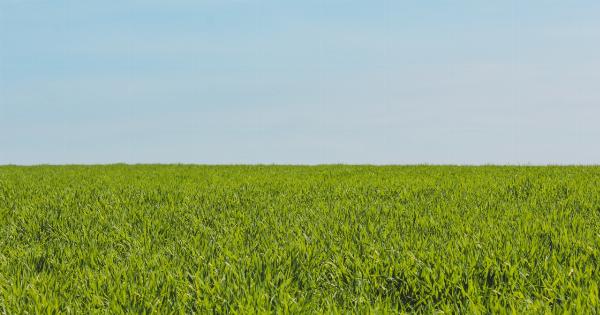Pregnancy is a vital time in a woman’s life when proper nutrition becomes even more important.
Consuming a well-balanced and nutrient-rich diet not only ensures the health and development of the growing baby but also supports the mother’s overall well-being. Here are some essential foods that pregnant women can incorporate into their daily meals to promote a strong pregnancy:.
1. Leafy Greens
Leafy greens such as spinach, kale, and Swiss chard are packed with essential nutrients like folate, iron, calcium, and fiber.
Folate helps in the early development of the baby’s neural tube, while iron aids in the production of hemoglobin, which carries oxygen to both the mother and the baby. Calcium supports the development of the baby’s bones and teeth, while fiber promotes healthy digestion and prevents constipation.
2. Lean Meats
Lean meats, including poultry, beef, and pork, are excellent sources of high-quality protein, iron, and various B vitamins. Protein is crucial for the development of the baby’s organs, muscles, and tissues.
Iron helps prevent anemia and supports the production of red blood cells. B vitamins assist in energy metabolism and the development of the baby’s nervous system.
3. Whole Grains
Choosing whole grains like brown rice, quinoa, and whole wheat bread over refined grains is a healthier choice during pregnancy. Whole grains provide essential nutrients such as fiber, B vitamins, iron, and selenium.
They also release energy slowly, helping pregnant women maintain stable blood sugar levels and feel fuller for longer periods.
4. Dairy Products
Dairy products like milk, yogurt, and cheese are rich in calcium, protein, and other essential nutrients. Calcium contributes to the development of the baby’s bones, teeth, heart, and nerves.
Protein supports overall growth, and various vitamins and minerals aid in the baby’s development. Choose low-fat or skim versions to limit saturated fat intake.
5. Berries
Colorful berries such as blueberries, strawberries, and raspberries are packed with antioxidants, fiber, and vitamin C. Antioxidants play a key role in protecting cells from damage caused by free radicals, helping maintain a healthy immune system.
Fiber aids digestion and prevents constipation, while vitamin C supports the absorption of iron and promotes the development of the baby’s connective tissues.
6. Legumes
Legumes, including beans, lentils, and chickpeas, are excellent plant-based sources of protein, fiber, iron, folate, and calcium. Protein is vital for the baby’s growth, while fiber aids in digestion.
Iron supports the production of red blood cells, and folate plays a crucial role in neural tube development. Calcium is necessary for healthy bones and teeth.
7. Avocados
Avocados are packed with healthy fats, fiber, and various essential nutrients. The monounsaturated fats found in avocados are particularly beneficial for the baby’s brain development and can help with the absorption of fat-soluble vitamins.
Additionally, avocados contain potassium, vitamin K, vitamin E, and vitamin C.
8. Sweet Potatoes
Sweet potatoes are a nutritious starchy vegetable that provides a great source of energy and fiber. They are also high in beta-carotene, which the body converts into vitamin A.
Vitamin A is essential for the baby’s growth, development of organs, and overall vision. Opt for baked or boiled sweet potatoes rather than fried preparations.
9. Nuts and Seeds
Nuts and seeds, such as almonds, walnuts, chia seeds, and flaxseeds, are packed with healthy fats, protein, fiber, and various vitamins and minerals.
These nutritious snacks can provide pregnant women with a quick energy boost and help support brain development in the baby. However, consume them in moderation due to their high calorie content.
10. Water
While water isn’t a food, it is crucial for maintaining hydration during pregnancy. Staying hydrated helps prevent common pregnancy discomforts like constipation, bladder infections, and fatigue.
It also supports the baby’s development and helps the body absorb essential nutrients.
By incorporating these nutritious foods into their daily meals, pregnant women can ensure they are providing their bodies and growing babies with the necessary nutrients for a strong and healthy pregnancy.





























